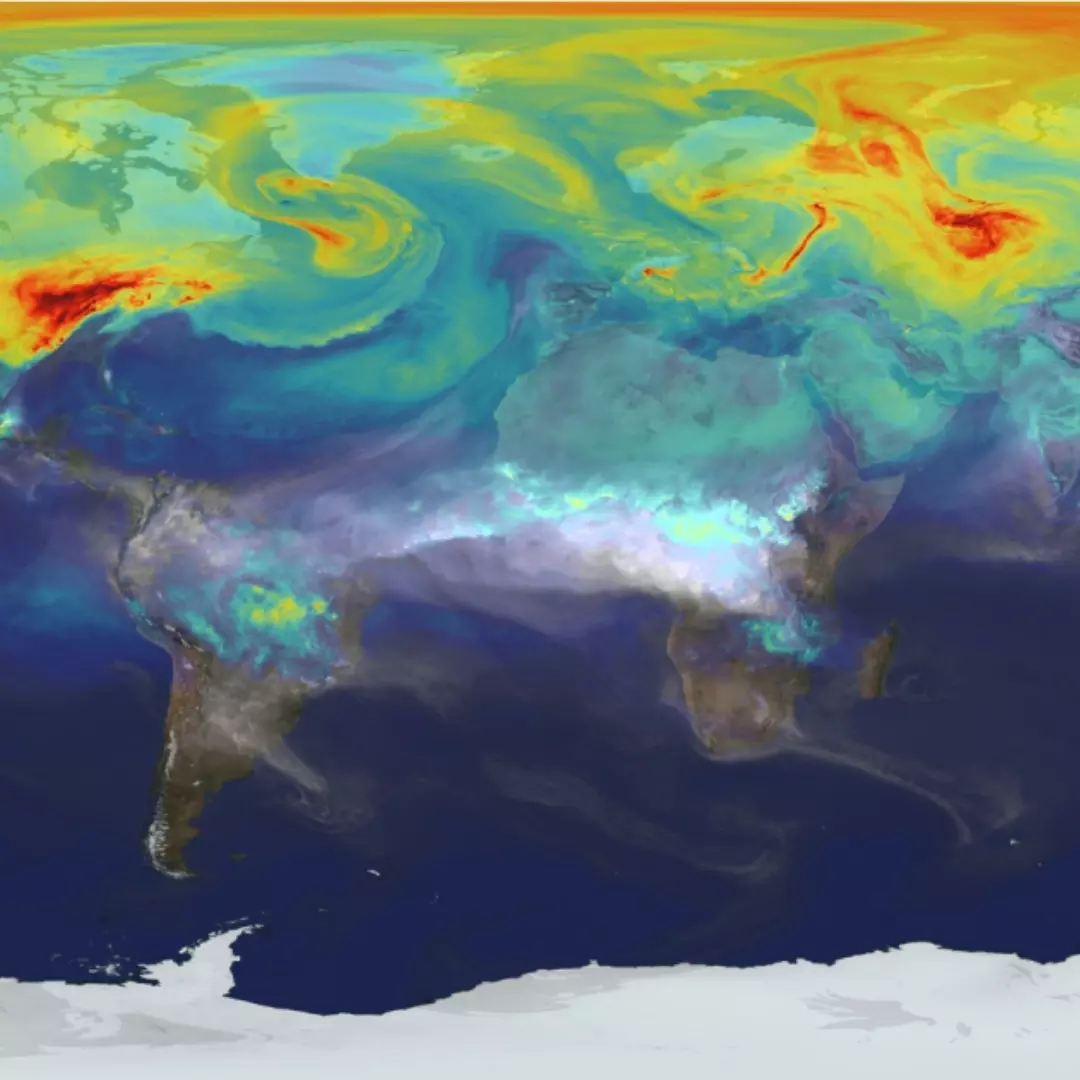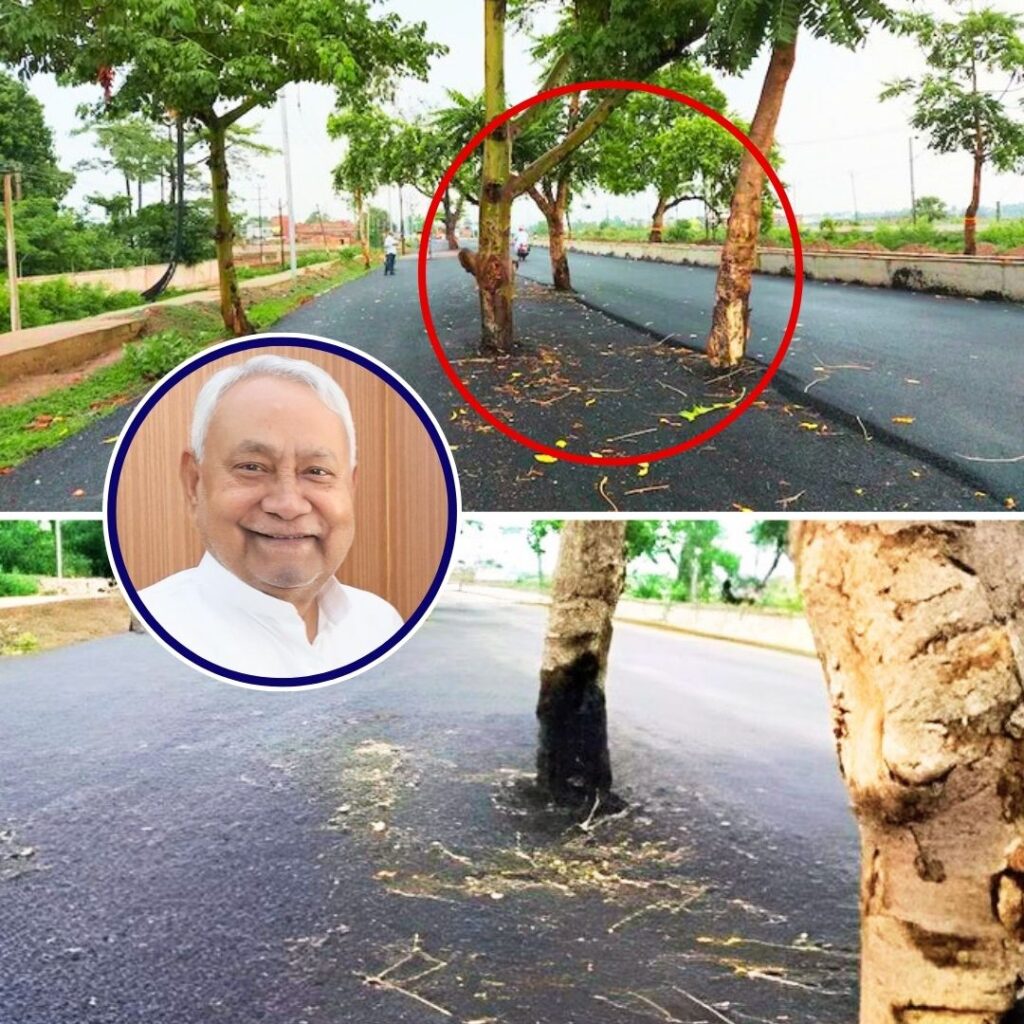The World Meteorological Organisation (WMO) has approved a new greenhouse gas monitoring system to support urgent action to reduce heat-trapping gases, which fuel the increase in temperature.
The new Global Greenhouse Gas Watch will fill critical information gaps, providing an integrated, operational framework under all space-based and surface-based observing systems under one roof, along with modelling and data assimilation capabilities.
WMO’s 193 members unanimously supported the establishment of Global Greenhouse Gas. It recognises the growing importance of greenhouse gas monitoring to improve the scientific understanding of the Earth’s system.
It will build on WMO’s experience in coordinating international collaboration in predicting the weather and analysing climate on long-standing activities in greenhouse gas monitoring and research under the guidance of the Global Atmosphere Watch, established in 1989.
Tracking Greenhouse Gas Emissions
The research community supports many existing international and national activities dealing with greenhouse gas. Currently, there is no comprehensive, timely international exchange of surface and space-based greenhouse gas observations or modelling products.
Global Greenhouse Gas Watch predicts a top-down approach to the flux evaluation, which builds on existing capabilities in surface- and space-based observations and modelling, ensuring the timely exchange of all observations and data.
The Global Greenhouse Gas Watch will consist of four main components:
– Comprehensive, sustained, global surface- and satellite-based observations of CO2, methane, and nitrous oxide concentrations, partial column amounts, total column amounts, vertical profiles, and fluxes supporting oceanic, meteorological, and terrestrial variables, internationally exchanged as rapidly as possible
– Prior estimates of the GHG emissions based on the activity data and process-based models
– Global high-resolution Earth system models representing GHG cycles
– Data assimilation systems combining the observations with model calculations to generate products of higher accuracy
According to WMO Secretary-General Petteri Taalas, greenhouse gas concentrations are at record levels – in fact, higher than any time over the last 800,000 years.
GHG monitoring infrastructure will improve the understanding of the carbon cycle, which is vital for planning mitigation activities. It will build on and expand WMO’s long-standing activities in GHG monitoring.
Also Read: Recycled Plastic Is More Toxic Than Original Parts, Can Lead To Microplastic Pollution: Greenpeace
https://thelogicalindian.com/h-upload/2023/05/26/500x300_231814-web-52.webp
Environment
2023-05-26 10:48:27.0
World Meteorological Congress Approves Global Greenhouse Gas Watch











